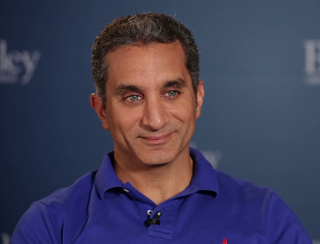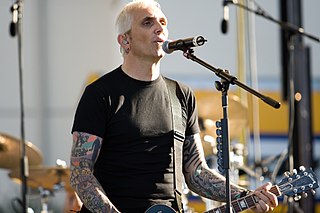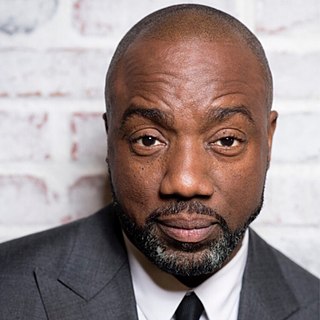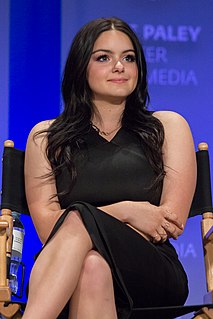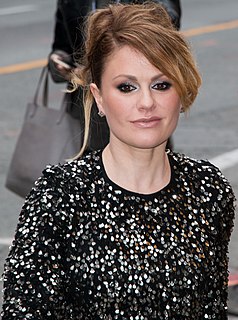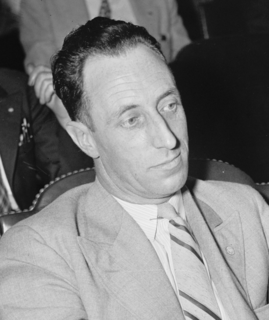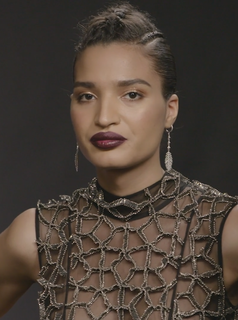A Quote by Bassem Youssef
Islam's not just about covering your hair. It's about how you treat other people.
Related Quotes
Treat your career like a bad boyfriend...
Your career wont take care of you. It won't call you back or introduce you to its parents. Your career will openly flirt with other people while you are around... You have to care about your work, but not about the result. You have to care about how good you are and how good you feel, but not about how good people think you are or how good people think you look.
You are American, whether you profess Judaism, Catholicism, Protestantism, whether you adhere to Islam, or whether you believe in nothing at all. And you're as American as anybody else, whatever your religious beliefs. But try not to get caught up in media stereotypes of your neighbors and of your country. Think about people that you know and how they treat you. As you get to know someone, it matters not what religious background they have, or what their nationality is, or where they came from. And I think that's how Americans really do relate to each other on a personal level.
I think any time you have any kind of social ill, not just domestic violence...as much as it's about the act, the obvious theme of domestic violence, Domestic Violence Awareness Month is also about how men deal with their emotions. It's not just like who gets brutalized; sometimes it's women that are abusing men, too. I think it's just an opportunity for us to look at ourselves. How do we treat each other? Why do we treat each other that way?
I'm very conscious about the way I treat people because I was never really taught to treat people in a respectful or kind way. I never really saw that role model, so for me, that made me just want to be the opposite of what I had and treat people the opposite of the way I saw other people treat other people.
For many women, how our hair looks and feels is an everyday part of our lives, whether we always want it to be or not. And ultimately, feeling good about yourself is good for your life and who you are. So if having the best hair you can have means you feel better about your day, then go get that hair. And don't feel guilty about it!
I think that's a challenge as believers - how do you demonstrate the gospel? How do you do that? I mean it's easy to talk about it and say 'Oh this is what we are supposed to be doing' and this is the relevance. But how do you do that with your hands instead of your mouth? How do you do it every day, instead of just onstage, how is it enacted? And I feel like that is one of the ways that we can show what we believe, by how we treat people around the world.
I don't know where this is coming from. What's wrong with my hair? I'm like 'I just made history and people are focused on my hair?' It can be bald or short, it doesn't matter about my hair. Nothing is going to change. I'm going to wear my hair like this during beam and bar finals. You might as well just stop talking about it.
Finally, it was about how people treat one another. It was about human dignity. We forced the employers to treat us as equals, to sit down and talk to us about the work we do, how we do it, and what we get paid for it. And I believe that the principles for which we fought in 1934 are still true and still useful. Whether your job is pushing a four-wheeler, or programming a computer, I don't know of any way for working people to win basic economic justice and dignity except by being organized into a solid, democratic union.
I think Islam has been hijacked by the idea that all Muslims are terrorists; that Islam is about hate, about war, about jihad - I think that hijacks the spirituality and beauty that exists within Islam. I believe in allowing Islam to be seen in context and in its entirety and being judged on what it really is, not what you think it is.
